Dumping waste in our oceans. We’re all aware of it, yet not doing anything about it, because of either; a)we’re too scared to find out more, b)we think we’re too ”little” to make any changes or, c)we just don’t care. It won’t help to keep shutting our eyes, away from reality.
It’s sad. It’s shocking. And we have to do something about it.
Something I found out earlier this week has shocked me to the moon and back. According to the United States Coast Gaurd, is apparently totally legal to dump trash and sewage in our oceans! What the ****. Although it is not permissible to dump any plastic into the ocean in 2018, it is perfectly acceptable to dump any raw sewage, paper, rags, glass, metal, bottles, or similar refuse, as long as you are at least 12 miles away from the nearest shoreline.
Wastes were frequently dumped in coastal and ocean waters, in the past, based on the assumption that marine waters had an unlimited capacity to mix and disperse wastes. But that was before and it is 2018 now, how can we still hold on to those beliefs?
It is shocking to see the waste – dumping issues in real life though…
The tide goes out in small coral reef villages, and the trash line at low tide is like a rainbow on the black volcanic sand. That is the side of Bali, no Instagram model tells you about.
According to Logan Connor, from sea-globe.com, Southeast Asian nations are among the worst offenders, when it comes to plastic waste in our oceans.
Plastic Waste Inputs From Land Into the Ocean is a report, issued, by the environmental engineer, Jenna Jambeck. Along with her team, she estimated that eight million tonnes of plastic are being dumped into the ocean each year – the equivalent of five grocery bags full of plastic debris for every foot of the world’s coastlines.
…
…….
….. Why? It is almost funny how the amount of plastic estimated to be going into the water is equal to the amount of tuna being fished each year. Humans are essentially “taking out tuna and putting in plastic” …
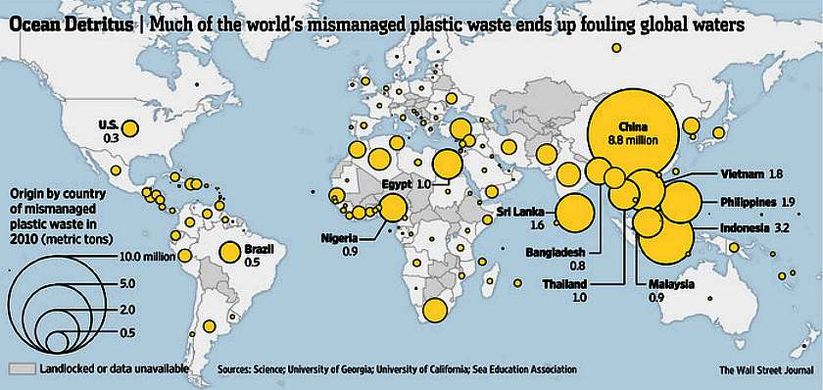
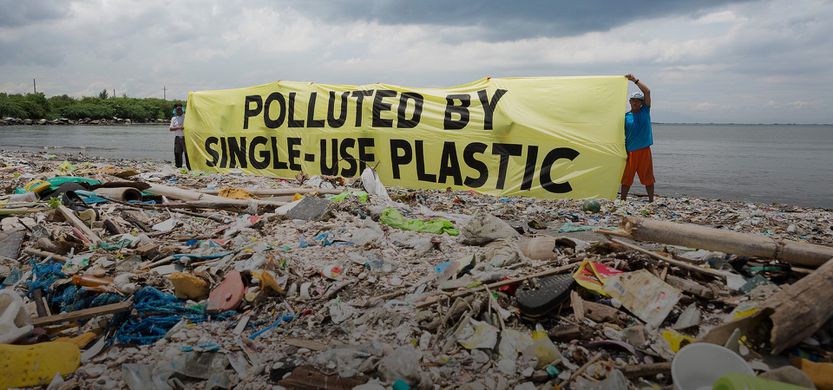
I spoke to many Balinese locals about the plastic-waste topic.
The key problem is that people just don’t know. Before plastic came to these islands in the 60’s and early ’70s, everyone has been wrapping their food in banana leaves. And after it has been used, they would simply burn it, or dump it in the ocean. And here’s where plastic brought the problems. They simply did not know, what plastic can do! They didn’t know (and still many of them don’t!) that plastic containers aren’t the same as banana leaves. But it was definitely cheaper, more convenient, and longer-lasting. I still see many local businesses and households, burning their plastic in their backyard. And every once in awhile, there is some genius person, who’s decided to get rid of tons of plastic and has a massive bonfire. That easily smoked up the whole Canggu for a day.
But it is getting better though.
I don’t want to sprinkle a lot of negative vibes on you, by telling you all these horrific facts. Looking at Bali, in comparison to last year or a year before – it has gotten so much better. A lot of cafes, restaurants, and clubs are going plastic-free, by replacing the straws with metal ones, not giving out plastic bags, only paper ones… and similar! It’s amazing to see changes like that, in the place so close to my heart.
**UPDATED IN JANUARY 2019** Indonesian government is finally making a movement to a plastic-FREE Bali;
As of January 1, Denpasar city government’s ban on plastic bags in “modern” stores—namely convenience stores and supermarkets—came into full effect. The prohibition, which was announced by Mayor Rai Mantra in October last year, came just a few weeks ahead of an island-wide ban on single-use plastics like straws, styrofoam, and poly bags.
The latter policy was signed and agreed by Bali Governor Wayan Koster just before Christmas and is aimed at producers, businesses, and individuals in the hopes that the province’s plastic waste can be reduced by 60-70 percent, according to a report by Bali Post.
But while Koster’s decree carries a six month grace period, the plastic bag ban in Denpasar is already in full swing.
On Wednesday, Denpasar’s Environmental and Hygiene Agency (DLHK) carried out inspections to see how consumers and retailers were adapting to the initial plastic bag ban. Led by I Ketut Wisada, Head of DLHK, officers visited a number of shopping centers, supermarkets, and convenience stores in the region.
According to a report by Bali Post, the investigation revealed that while many retailers had switched to reusable bags or cardboard boxes, some stores were still offering plastic bags.
Wisada also noted that communication on the matter could be improved. “The prohibition of using plastic bags is still unclear to some shoppers. (A notice) must be placed at the cash register so that it can be clearly read,” he said to the source.
There has also been a criticism of the lack of clarity as to the consequences for violating the regulation. Speaking to Tribun Bali, activist Luh De Dwi Jayanthi of non-profit organization Plastik Detox Bali, said, “As far as we can see, it seems like the sanctions for violations of the regulation are not clear.”
On the whole, though, the public reaction seems to have been positive. AA Ngurah Agung Agra Putra, the operational manager of the Ayu Nadi supermarket group, expressed the need for a collaborative community effort.
“We hope that people will be wiser in using plastic as well as participating in the joint effort of protecting the environment. The government, employers, and communities must work together to protect the environment,” he commented to the source.
Despite a few early teething problems, efforts towards a cleaner, more eco-minded Bali appear to be going well, with Denpasar’s stance on single-use plastics paving the way for Koster’s island-wide ban, which will come into full effect in June.
(The last paragraph was taken from https://coconuts.co/bali/news/week-one-bali-residents-transition-plastic-free-shopping/ )
Because as I explained in my recent article, about sustainable living, the key is NOT recycling.
But simply choosing not to consume. And if there’s no demand, there will be no production. All we can do is make these simple changes in our daily lifestyle.
Please don’t come back to me, saying that what a single individual can do today, won’t make any difference. We’re all making a big difference, by educating ourselves, taking a stand and committing to a better type of lifestyle. Here are some tips of changes we can all adapt to:
– Bring your own reusable water bottle! Even though tap water isn’t drinkable in most of the third world countries, you’ll still find lots of options to avoid buying plastic water bottles! Most of the hostel, villas, and stays will provide you with drinkable water and all you have to do is fill it up before you go adventuring.
– Eat and pack close to nature. Make the most of your stay and shop at locals markets! It’s a luxury to eat the best mango in the world in Bali (since I know that back home we only have the 7$ flavorless ones). Bring a reusable bag while going shop and say NO to the plastic ones that you’re offered.
– Pack light. It saves whatever transport mode you use, and yourself a ton of energy. Pack purposefully for the destination you’re traveling to. What do you really need?
– Support the small entrepreneurs and go against mass consumerism. We live in a demand-driven society. Help the good brands, without lobbying power and big advertisement budgets, to climb up the ladder. Demand plastic free and toxic free where you can. This way you say no to oil drilling, carbon emissions, and yes to a cleaner way of life.
– If you buy toiletries, buy in bulk to minimize package materials.
According to Prakash Chandak, a senior program officer at the United Nations Environment Programme, we need to affect consumer behavioral change, and try to educate and raise awareness among consumers to use less plastic and – to the greatest extent possible – reuse, recycle and segregate the plastics so they don’t find their way into the oceans.
What can we do as tiny individuals in this world?
Shop mindfully. Visit the plastic-free stores in your area, NUDE SHOPPING is getting very popular and they’ve been putting up their stores everywhere. Also, investing in things that last longer, isn’t such a bad idea. I would particularly recommend getting things that aren’t single use! Or better, eliminate shopping when it isn’t necessary. There are many things you can make, instead of buying. Get creative. I love Pinterest for that!
I’ve ditched pads and tampons over a year ago and I’m so happy with how well that turned out. Saved money and tons of waste every month. That’s just an example. OrganiCup is the brand I’ve been using. Mine even came with cleaning wipes and a cleaner, from when I’m on the road. Never used a pad or a tampon since.
Many cosmetics, such as toothpaste, face masks, body scrubs, and hair products can be made at home with simple a, d easy to afford ingredients. You can look up just about anything on google these days – I highly recommend doing your research. Other beauty products can be bought locally at farmer’s markets, craft fairs and bulk food stores. Only purchase what you need. Feel free to share this page with friends or family members for a “plastic waste shopping guide”
Please always read ingredients & request minimal packaging and re-useable boxes/bags when possible.
We need to start at the roots. Educated children from the young ages of what plastic is and how can that affect our planet Earth. Growing up in an eco-friendly and sustainable household will help kids to grow into thoughtful leaders that will make great changes in our society.
That is why I’m asking you to share this amongst your friends and family. Get others involved and spread awareness. See how you and your friends can contribute to this, in your local community.
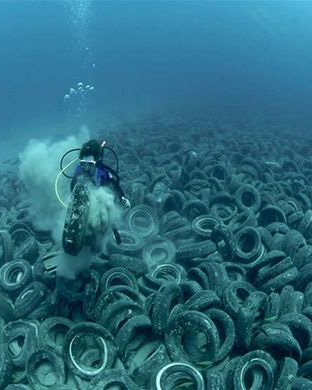
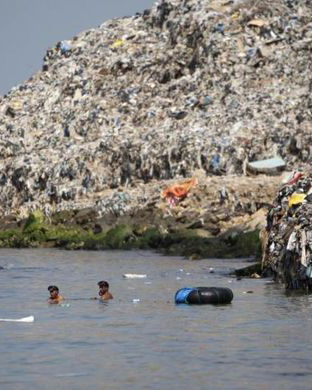
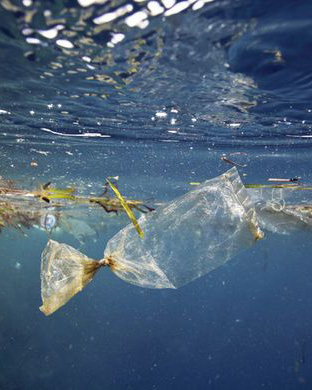
What do you think about all of this, how can we make it better, together?
Alenka


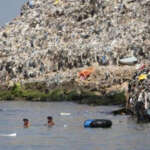
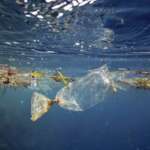

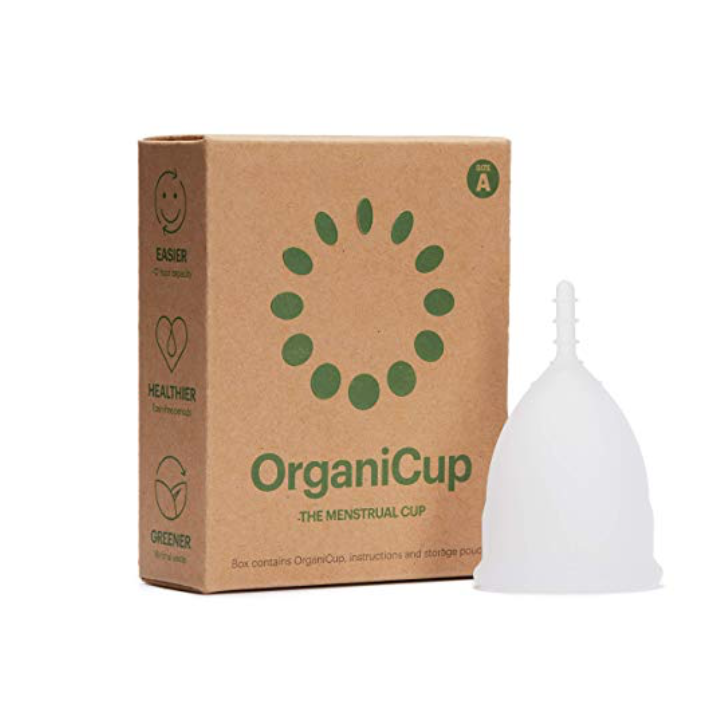


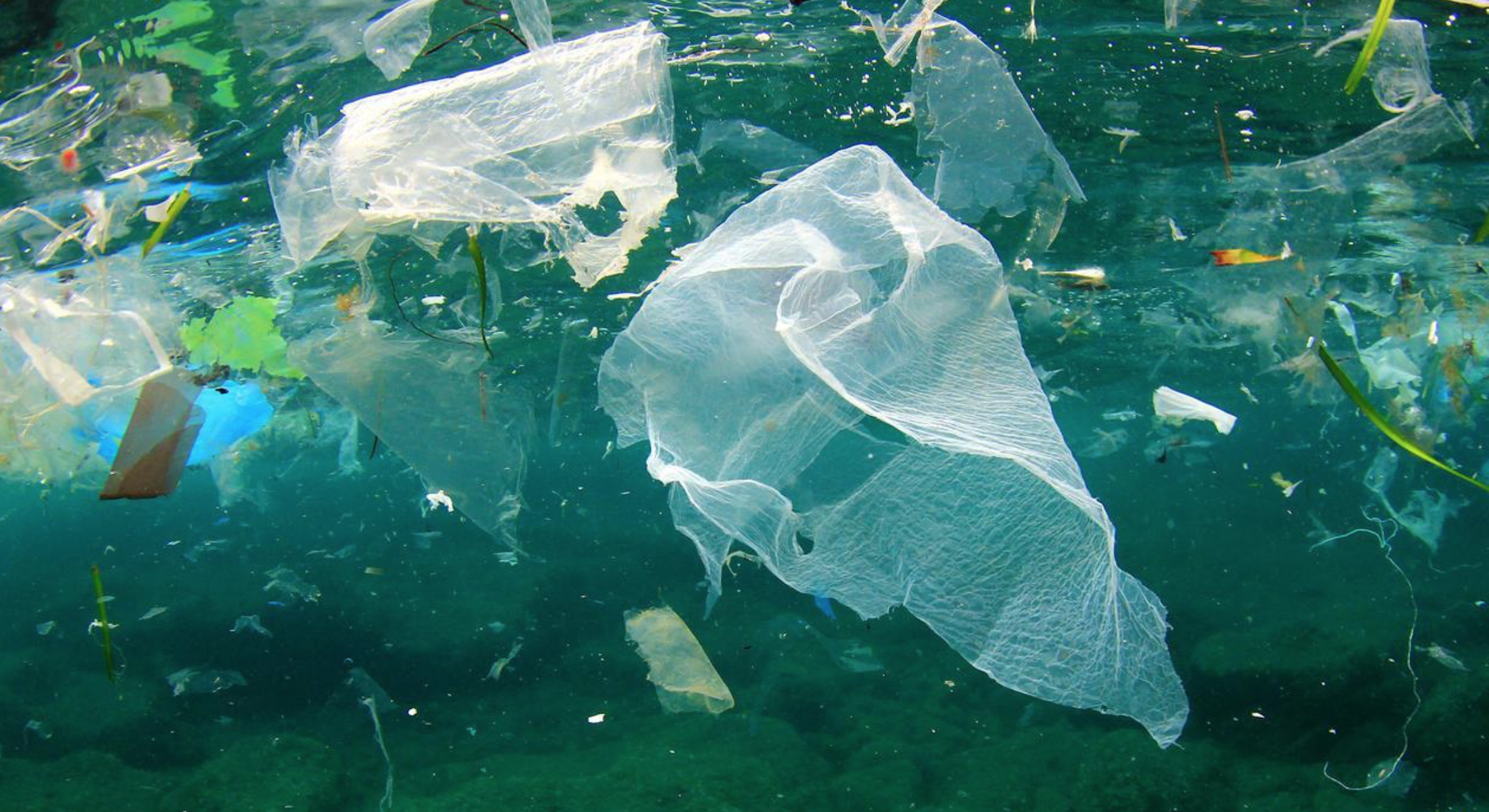
5 Comments